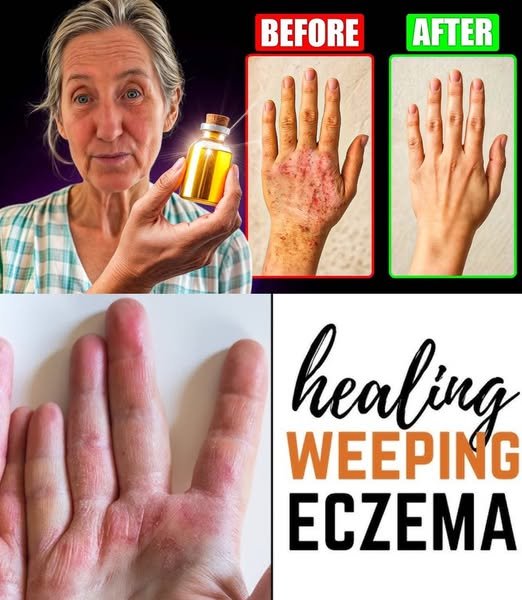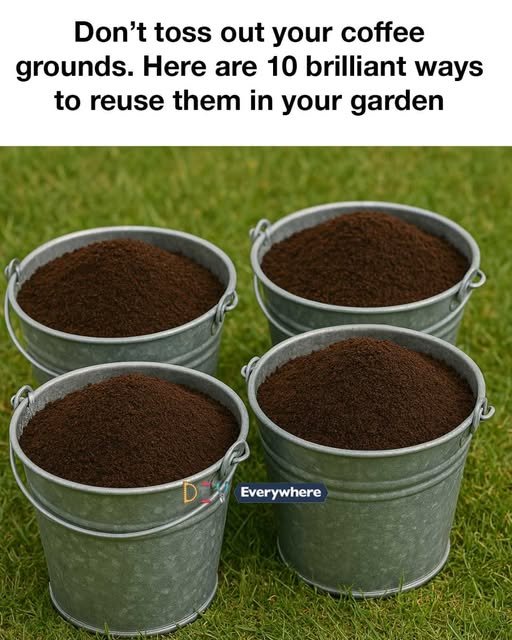Eczema and psoriasis are chronic skin conditions that affect millions worldwide, causing discomfort, inflammation, and emotional distress. While medications can help manage flare-ups, many people are turning to natural remedies and holistic approaches that address the root causes rather than just suppress symptoms.
In this article, we’ll explore the most effective home-based, drug-free strategies for managing eczema and psoriasis. These methods focus on natural skin care, diet, lifestyle changes, and environmental awareness, all aimed at restoring skin health and preventing flare-ups.
Understanding Your Skin: More Than Just a Surface
Your skin is your body’s largest organ and plays a vital role in detoxification, temperature regulation, and protection. It also “breathes” and absorbs what you put on it. That’s why using natural, non-toxic products is crucial for maintaining healthy skin.
- Skin as a detox organ: The skin eliminates toxins, so any overload in the body can result in rashes, irritation, and inflammation.
- Absorption matters: What you apply to your skin enters your bloodstream. Many commercial creams and soaps contain synthetic chemicals that can trigger or worsen eczema and psoriasis.
Natural Solutions That Actually Work
1. Aloe Vera and Coconut Oil – Gentle Relief for Inflamed Skin
These two household ingredients are time-tested soothers for irritated skin:
- Aloe Vera: Naturally cooling and anti-inflammatory. Apply fresh gel directly to affected areas.
- Coconut Oil: Rich in lauric acid and antibacterial properties. Use cold-pressed virgin coconut oil to moisturize and protect.
Eczema and Psoriasis by the Numbers
- Eczema: Affects about 10% of the population, especially infants and young children.
- Psoriasis: Impacts nearly 3% of adults and is often more persistent due to its autoimmune nature.
Eczema in Infants: Understanding Triggers
Many babies develop eczema due to sensitivities in their early diet and environment.
- Cow’s milk formula: A common culprit. Switching to goat’s milk formula often improves symptoms.
- Household toxins: Detergents, synthetic clothing fibers, and pesticides can all irritate baby skin.
Diet and Inflammation: What You Eat Shows on Your Skin
Diet plays a powerful role in either healing or harming the skin. Some key dietary contributors include:
✖️ Foods to Avoid:
- Dairy: Often linked to eczema flare-ups.
- Wheat (especially hybridized varieties): Difficult to digest and can cause inflammation.
- Processed foods: Loaded with preservatives and chemicals that stress the immune system.
- Refined sugars: Fuel inflammation and skin reactions.
✅ Foods to Include:
- Leafy greens: Packed with antioxidants and minerals.
- Omega-3-rich foods: Flaxseeds, chia, walnuts, and oily fish reduce inflammation.
- Fermented foods: Improve gut health, which is closely tied to skin health.
- Anti-inflammatory spices: Turmeric and ginger help calm the skin from within.
Stress, Cortisol & Skin Flare-Ups
Stress is one of the most powerful triggers for skin conditions. It causes a spike in cortisol, a hormone that can suppress immune function and promote inflammation.
Natural stress-management techniques:
- Mindful breathing and meditation
- Gratitude journaling
- Spending time in nature
- Faith and spirituality – Many people find peace and healing through spiritual practices.
Skin Care Done Right
- Choose fragrance-free products.
- Stick to natural fibers like cotton and bamboo.
- Moisturize with clean oils like jojoba or almond oil.
- Avoid petroleum-based creams and commercial steroid creams when possible.
Environmental Triggers: The Hidden Causes of Flare-Ups
- Mold and mildew: Especially harmful for those living in damp homes.
- Household cleaning products: Switch to natural, non-toxic alternatives.
- Air quality: Use air purifiers and avoid chemical air fresheners.
Keep a Detailed Journal
Tracking your skin’s response to foods, products, environments, and emotional triggers can help you identify and eliminate what’s causing flare-ups. A journal is a simple yet powerful tool in your healing journey.
Real Success Stories
Case studies and real-life stories are often more convincing than statistics. In one example, a mother reversed her child’s eczema completely by removing wheat and dairy from their diet and switching to clean, natural skincare.
Another adult reversed years of eczema by moving away from a mold-infested home and adopting a clean, whole-food diet.
Hydration and Minerals Matter
- Drink enough water: Keeps the skin elastic and supports detox.
- Use sea salts like Himalayan or Celtic salt: Provide essential minerals for cellular repair.
The Power of Belief and Consistency
Healing from eczema and psoriasis requires patience. The most powerful changes come from consistent daily habits and a deep belief in the body’s ability to heal.
Final Takeaways:
- Embrace a natural skincare routine.
- Remove dietary and environmental triggers.
- Manage stress effectively.
- Maintain hydration and nutrient intake.
- Be patient and consistent—healing takes time.
Conclusion: You Can Take Back Control
You don’t have to rely on steroids or harsh chemical treatments to manage eczema or psoriasis. With a natural, holistic approach that includes nutrition, environmental awareness, skincare, and stress management, you can reduce or even eliminate flare-ups.
Your skin is a reflection of your internal health. By nurturing it from the inside out, you’re not just managing symptoms—you’re promoting true healing.



